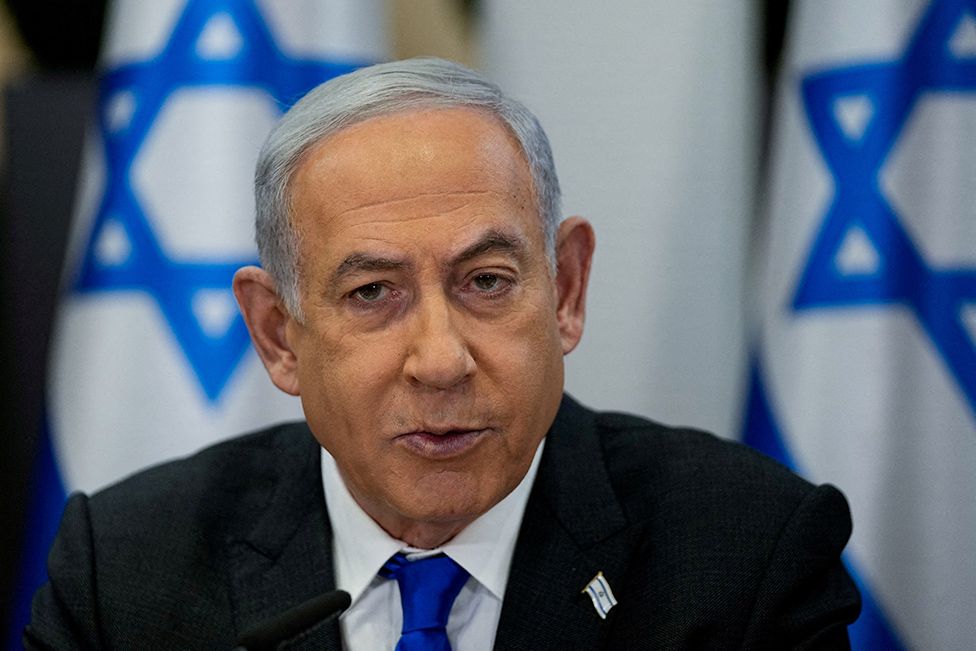When Hamas attacked Israel, almost exactly three months ago, Israel was unprepared.
It didn't see the attack coming, struggled to contain it at first and then launched a full-scale invasion of the Gaza Strip with only the bare bones of a plan: to destroy Hamas.
Beyond that, there was a yawning vacuum. But that's beginning to change.
As outlined to reporters on Thursday, Defence Minister Yoav Gallant's plan for "the day after" is little more than a series of bullet points, but they're worth examining.
On security, he doesn't really say anything Prime Minister Benjamin Netanyahu hasn't already - Israel will "reserve its operational freedom of action" throughout the Gaza Strip, and make sure that no-one poses a threat to Israel.
It's when the plan touches on what it calls "the four corners of the civilian square" that things get a little blurry.
Israel's rigid control over the entry of goods into the Gaza Strip - a fact of life for the past two decades - would continue.
Israel, Egypt and the United States would work together on ways to secure the porous border between Egypt and Gaza - something that would involve solving the problem of tunnels once and for all.
But the plan envisages a major role for foreign players - the US, plus European and Arab governments - in the creation of a "multinational task force" with responsibility for what's euphemistically called "the rehabilitation of the Gaza Strip".
In other words, those countries will be expected to put the whole shattered area back together. And pay for it.
For countries, the EU and Gulf States in particular, which have seen their previous investments - hospitals, schools and universities - blown to smithereens over the past three months, it is hardly a tempting prospect.
Even assuming Israel succeeds in its goal of eliminating Hamas as a threat, who is to say violence won't erupt in the future, triggering yet another round of costly destruction?
The tireless US Secretary of State, Antony Blinken, is on his latest visit to the region - his fourth since 7 October. As he travels from one Arab capital to another, how much enthusiasm is he likely to encounter from leaders appalled at the scenes of suffering inflicted on Gaza?
Until now, the Arab view has been that until there's a ceasefire and the war's devastating humanitarian consequences have been properly addressed, it's impossible to talk about "the day after".
FULL ARTICLE AT: https://www.bbc.co.uk/news/world-middle-east-67891893

No comments:
Post a Comment